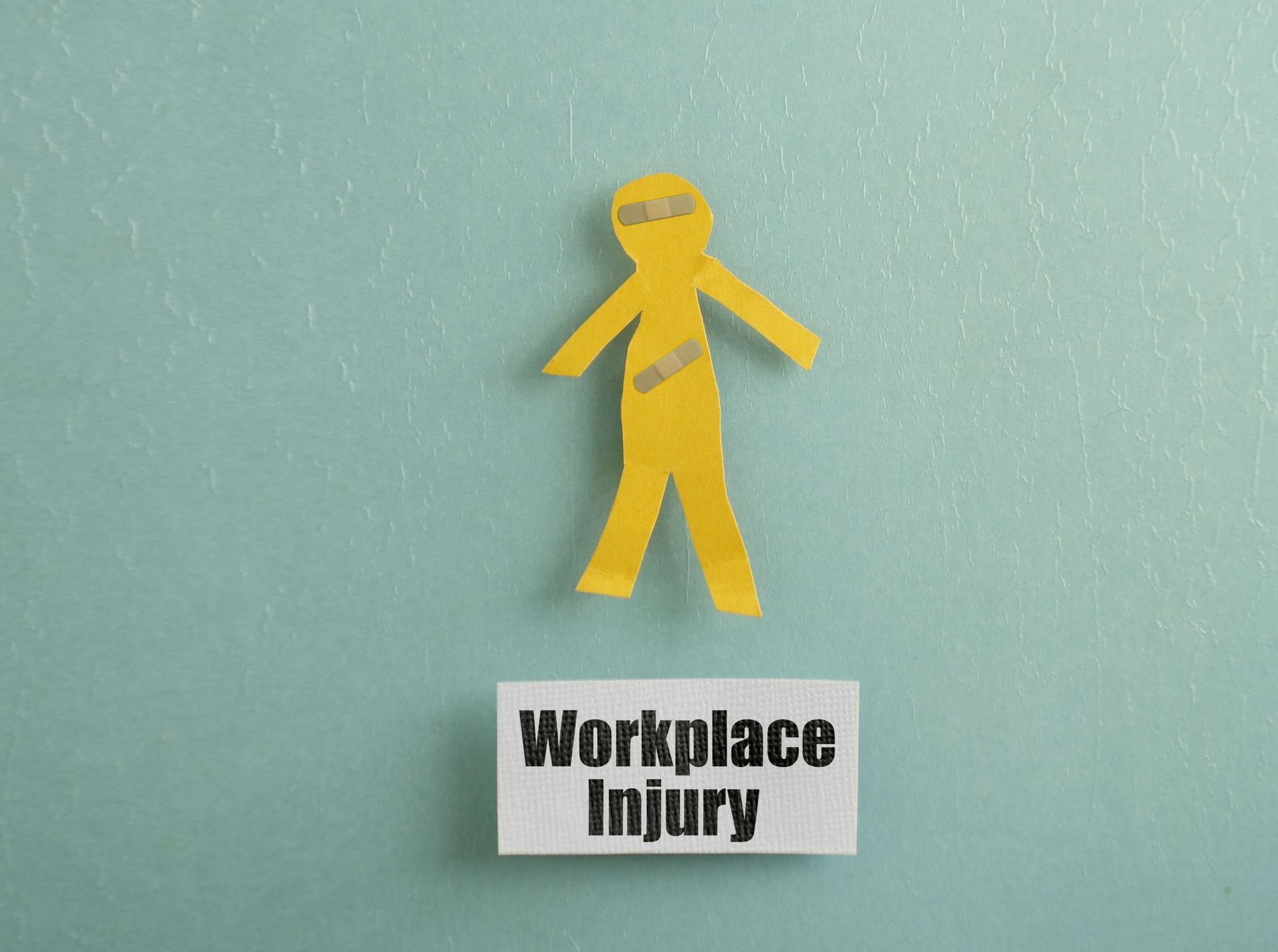What Information Do I Need to Bring When Meeting with a Will Lawyer?
Highlights:
- Bring personal IDs and full family details for you and key decision-makers.
- List assets, liabilities, and how each account or property is titled.
- Gather any prior wills, trusts, POAs, beneficiary forms, and deeds.
- Decide on executors, guardians, and trustees-including alternates.
- Include special circumstances (special needs, multi-state assets, pets).
- Prepare practical questions and goals to maximize your first meeting.
- Localize: documents and considerations relevant to Fort Dodge, IA.
Your first consultation goes faster when you bring reliable identification and a concise "who's who." Pack a driver's license or passport, full legal name, date of birth, home address, and Social Security number. Do the same for a spouse or partner, children, and anyone you might name as a beneficiary, executor, trustee, or guardian. Add current contact details-phone, email, and mailing address-so your will lawyer can verify information and confirm availability. If you've changed your name or marital status, bring supporting documents. Accurate identities reduce drafting errors and help prevent confusion later in probate or beneficiary verification.
Starting Strong: Identification, Family, and Contacts
Go beyond names: note relationships, ages of minors, and any family dynamics that may affect your plan. If a beneficiary has creditor issues, substance concerns, or receives needs-based benefits, flag it now so the attorney can suggest protective structures. List two or three candidates for each key role-executor, guardian, and trustee-plus alternates. Consider practical factors like availability, financial literacy, health, and location. Bringing this context to your Fort Dodge, IA meeting helps tailor solutions that fit real lives, not just paperwork. Write questions you want answered and keep the list handy.
Understanding the legal framework can also anchor your preparation. According to Cornell Law School's Legal Information Institute, a will is a legal document that specifies how property will be distributed after death and may name guardians for minor children. That means your attorney needs clear information about your family, property, and intentions to create a document that truly represents your wishes while complying with Iowa law.
FAQ
Do I need Social Security numbers for everyone?
They're helpful for precise identification and tax coordination, but your lawyer can begin without every SSN and add them later as needed.
Should I warn my proposed executor ahead of time?
Yes. Confirm willingness, availability, and comfort with the responsibilities before your meeting.
Can I list friends or charities instead of family?
Absolutely. Your will can leave gifts to non-relatives and charities; bring their legal names and addresses.
Arrive with a current inventory of assets and liabilities and note how each is titled. Include real estate (addresses, deed holders, mortgages), bank and brokerage accounts, retirement plans (401(k), IRA), life insurance (policy and beneficiary pages), business interests, vehicles, and valuable personal property like jewelry or collectibles. Add digital assets such as cryptocurrency and log where they are stored. For debts, list mortgages, car loans, student loans, credit cards, and personal notes. This comprehensive view helps your attorney understand the size of your estate and plan for smooth transfers.
Your Financial Snapshot: Assets, Titles, and Debts
Accuracy matters as much as completeness. Bring recent statements where possible and identify pay-on-death (POD) or transfer-on-death (TOD) designations that may bypass the will. Clarify any co-owned accounts or property-survivorship rights can override your instructions. According to the American Bar Association, maintaining consistent beneficiary designations across your accounts prevents conflict and ensures your estate plan functions as intended.
Think about liquidity for expenses, taxes, and specific gifts. If most wealth sits in a house or a closely held business, your lawyer may recommend strategies to generate cash when needed. Flag concentrated positions, restricted shares, or pledged collateral so the plan doesn't assume easy sales that may not occur. In Fort Dodge, IA, also bring property tax statements and loan documents from local lenders. This preparation gives your lawyer a complete financial picture to design a plan that reflects your goals.
FAQ
Do I need exact account numbers?
They're useful, but a clear institution name, account type, and owner(s) allow your lawyer to start and refine later.
Should I include my passwords?
Don't email or print passwords. Instead, bring your digital-asset plan or name a trusted digital executor.
What about out-of-state property?
Bring deeds and tax info. Your lawyer may suggest ancillary probate or trust options to simplify the process.
Bring copies of prior wills or codicils, living trusts, powers of attorney, living wills, HIPAA releases, and beneficiary designations for retirement accounts and life insurance. Include deeds, business agreements, and marital contracts. Your attorney will ensure these documents align with your current wishes and state laws. Reviewing older documents also reveals outdated provisions, helping prevent future legal complications.
Existing Documents: Coordinate, Don't Compete
Executors and personal representatives handle tax filings and final affairs. According to the Internal Revenue Service (IRS), executors may need to file final income or estate tax returns depending on the estate's value. Bringing tax returns and your CPA's contact information helps your attorney coordinate efficiently. These records help anticipate deadlines and ensure that debts and taxes are settled before inheritance distributions.
If you're missing documents, bring what you have and make a list of what's left. Your attorney can still outline your plan and help you gather missing materials. At Schnurr Law Firm, P.C. in Fort Dodge, IA, we provide a detailed checklist after the consultation to make sure every element of your estate plan is covered. A little organization now saves time and stress for your loved ones later.
FAQ
What if my old will is lost?
Bring any copies or details you recall and tell your lawyer where it was stored. You can revoke and replace it with a new will.
Do beneficiary designations override my will?
Yes, beneficiary designations often control, so coordination is essential.
Is a living will the same as a last will?
No. A living will handles medical decisions; a last will distributes property after death.
Clarify how and when you want gifts distributed-immediately or held in trust, at once or in stages. Identify guardians for minors and trustees for assets. Note any special needs, pets, or charitable donations. If you own a business, bring operating agreements or succession plans.
Add practical logistics: where originals will be stored, who will access them, and how your digital life will be managed. Provide a summary list of account and property locations instead of confidential data. Bringing insurance agent and financial advisor contact information allows for seamless coordination among professionals. With this preparation, your will lawyer can focus on strategy and clarity-ensuring your will reflects your wishes accurately and efficiently.
Your Wishes: Decisions, Special Circumstances, and Local Notes
In summary, arrive prepared-with IDs, family information, a list of assets and debts, and any prior documents. The more you bring, the more precise and protective your estate plan will be. For residents of Fort Dodge, IA, meeting with Schnurr Law Firm, P.C. offers the added benefit of local legal experience, ensuring that your will complies fully with Iowa law while honoring your personal goals.
Taking time to prepare for your initial meeting demonstrates foresight and commitment to your family's well-being. By organizing your records and clearly defining your intentions, you make it easier for your attorney to create a legally sound will that aligns with both your values and Iowa state laws. A well-prepared client saves time, reduces confusion, and helps the attorney focus on crafting the most effective estate plan possible. With the guidance of Schnurr Law Firm, P.C. in Fort Dodge, IA, your preparation turns into peace of mind for you and your loved ones.











Share On: